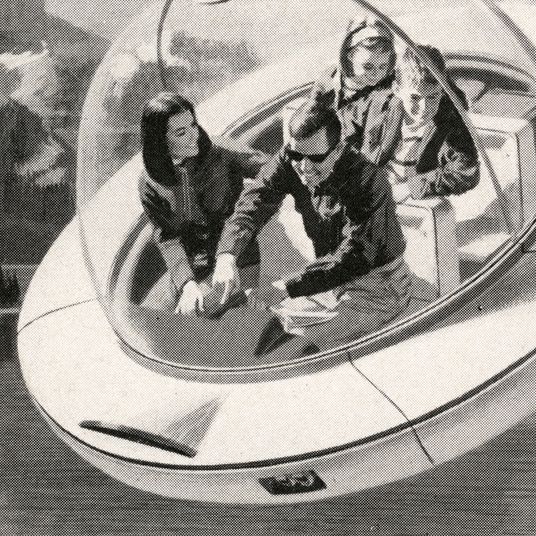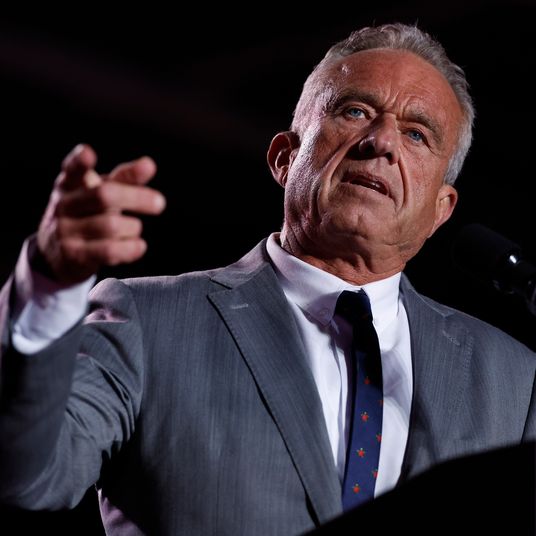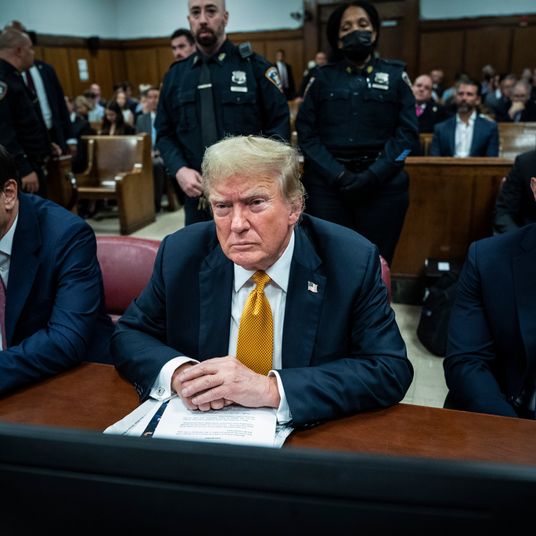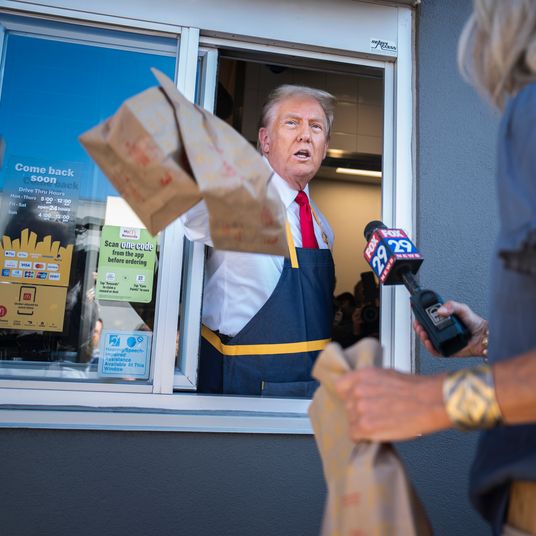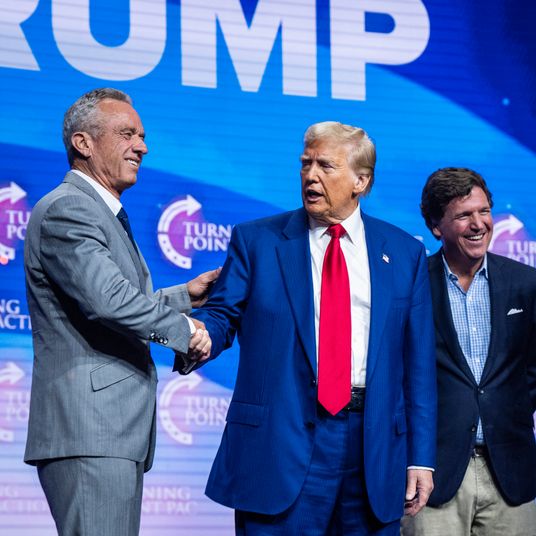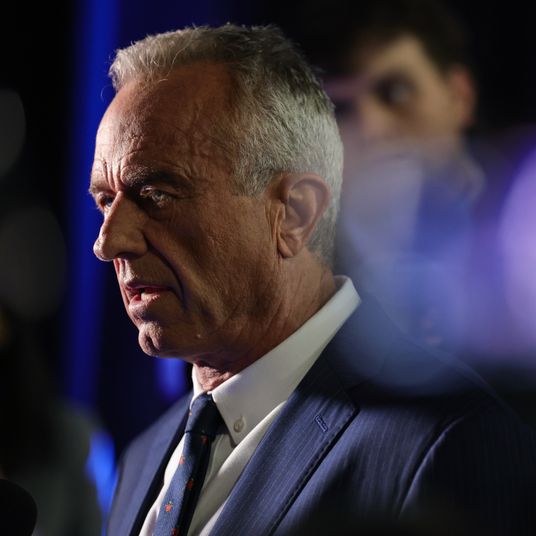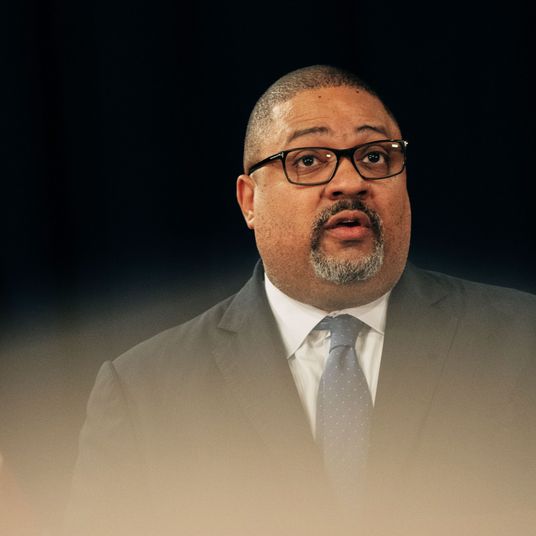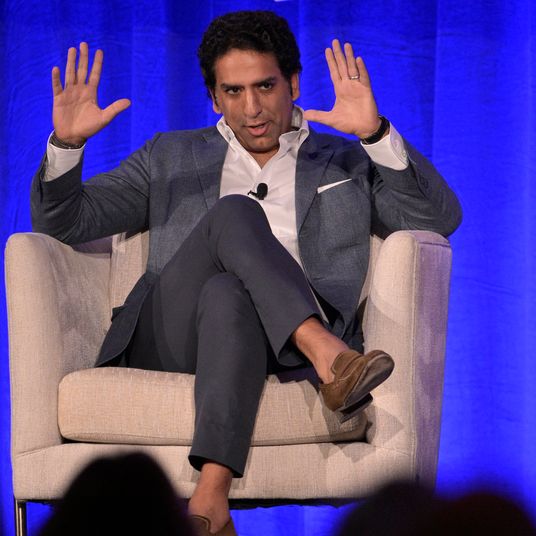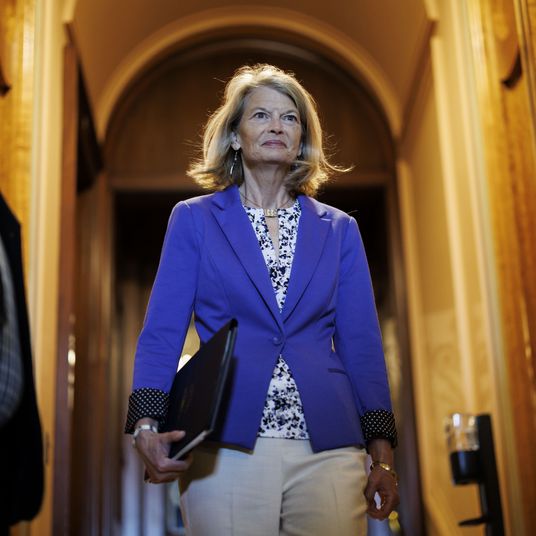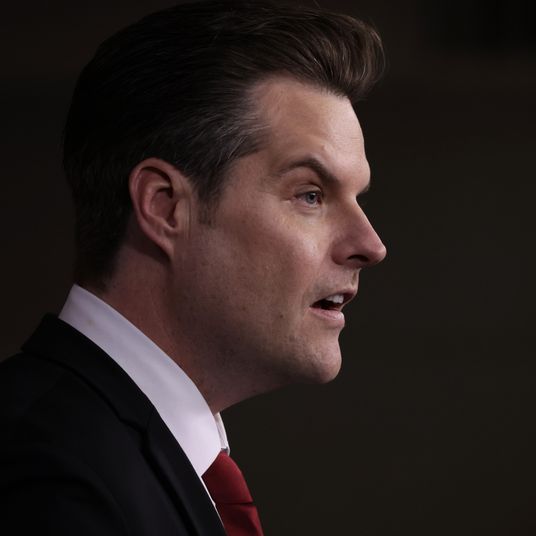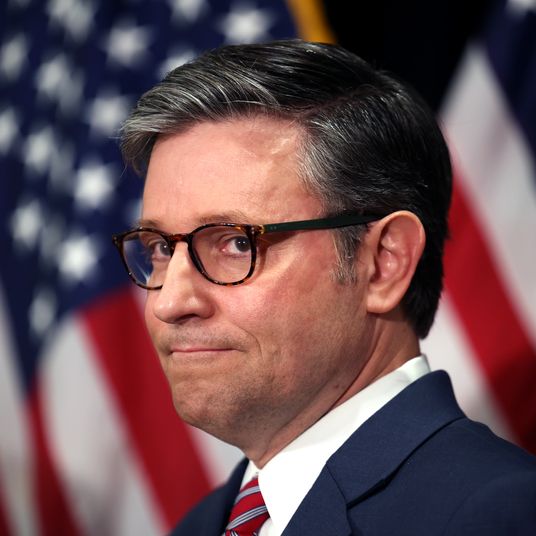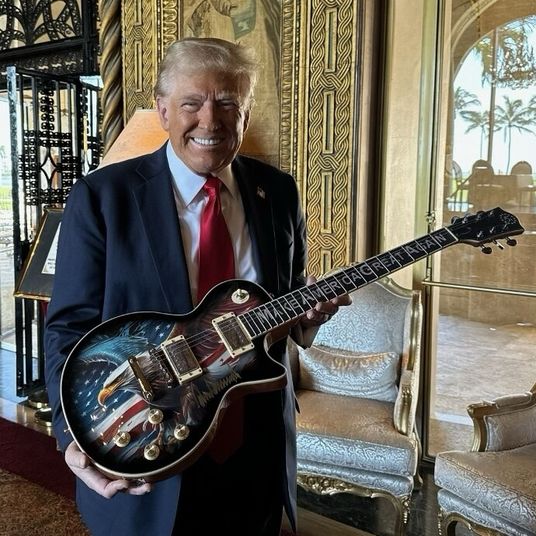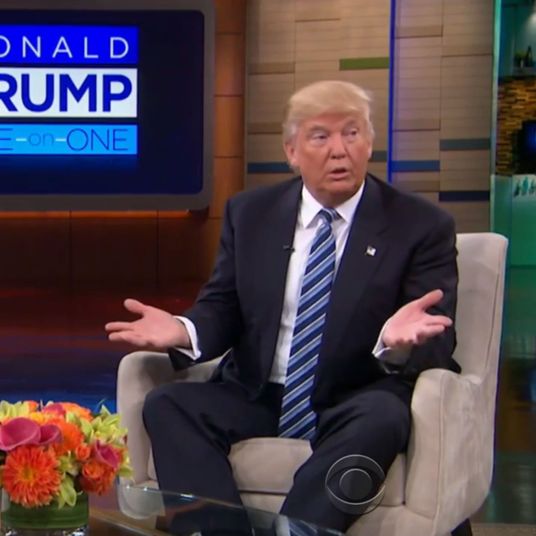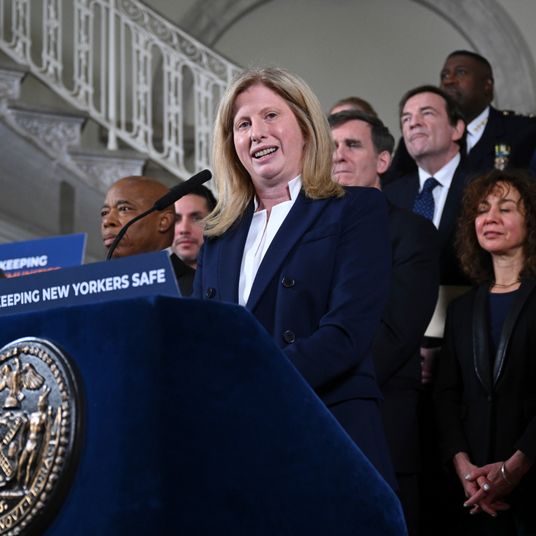
On Election Night, with characteristic modesty, Donald Trump claimed an “unprecedented and powerful mandate.” He certainly won the contest legitimately, if more narrowly than many observers initially thought. His popular-vote margin over Kamala Harris has dropped from around 3 percent on the evening of November 5 (or about two-thirds of Joe Biden’s margin in 2020) to 1.62 percent today. That’s about a half-percent smaller than Hillary Clinton’s national popular-vote margin over Trump in 2016. To make some other comparisons: Barack Obama won the popular vote by 3.9 percent in 2012 and 7.2 percent in 2008, and George W. Bush won the popular vote by 2.4 percent in the very close 2004 election.
Unlike Obama and Bush, moreover, Trump did not win a majority of the national popular vote. Though it looked like he was over 50 percent on Election Night, the steady drip of late ballots has eroded his percentage to (currently) 49.87 percent, with further slippage very likely before all the votes are in.
Trump’s win in the Electoral College was more impressive, though his 316 electoral votes were less than Obama’s in either of his elections and just above Biden’s in 2020. In Pennsylvania, the “tipping point” state that clinched a second term for Trump, his margin over Harris was 1.8 percent, not exactly a landslide.
So by any measure, the claim of an “unprecedented” mandate simply isn’t true. Trump won a very close election and will govern a country where a near majority of people have voted against him three times. Yes, his party won control of Congress as well. But in the House, the margin of Republican control (with three contests still undecided) is so small that Trump’s appointment of three representatives to Cabinet positions could make any controversial votes extremely difficult for House Speaker Mike Johnson until special elections are held, and very difficult even then.
Given that perilous hold on power, Trump might want to reconsider his current strategy of ruling Washington like a devastated and occupied enemy city with a Cabinet largely composed of men and women who appear to hate the departments and agencies they are supposed to oversee, plus a governing plan that may rely on testing the tolerance of the federal judiciary for totally unparalleled assertions of supreme presidential powers. And Trump’s MAGA base should also cool its jets a bit. There’s certainly a degree of triumphalism in the air that really isn’t justified by the election returns. Consider this take from RealClearPolitics columnist Frank Miele, who suggests Trump follow the U.S. Civil War model for subduing enemies:
This time around, Trump knows he only has four years to fulfill his plans. So he’s moving with lightning speed to do exactly what Abraham Lincoln accomplished in his four years in the White House: unite the country by demonstrating strength, wisdom, and patriotism.
Lincoln’s Confederate enemies, to be clear, seceded from the Union and launched a violent attack on U.S. military facilities that led to a conflict that killed over 2 percent of the nation’s population, followed by the military occupation of rebel areas. If Trump and his supporters believe that’s the kind of mandate the 47th president has somehow been given by a minority of Americans, we are all in a lot of trouble.
More on politics
- Trump Cabinet Picks: Everyone He’s Announced So Far
- The Menendez Brothers and the End of the Progressive Prosecutor
- What Are RFK Jr.’s Plans as HHS Secretary for Trump?








